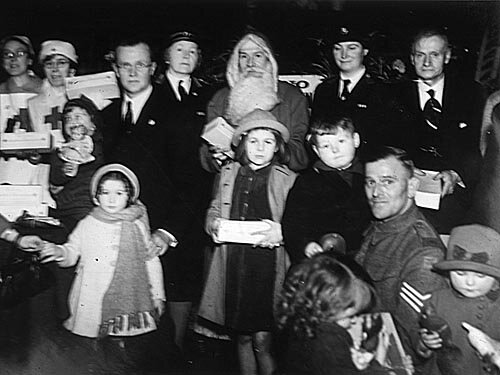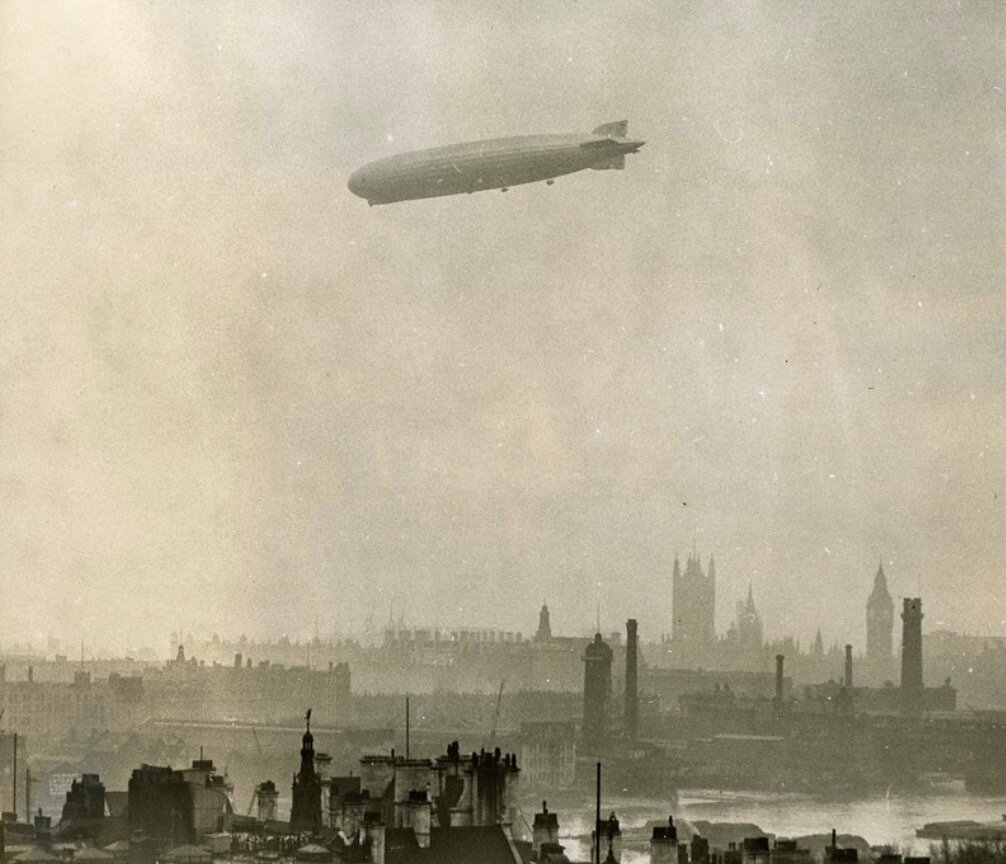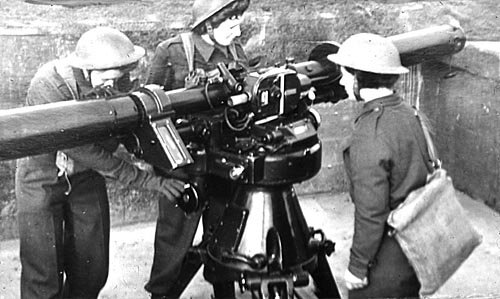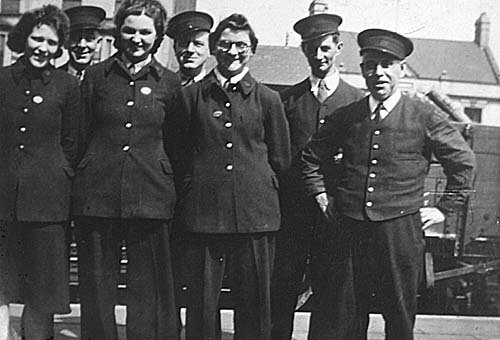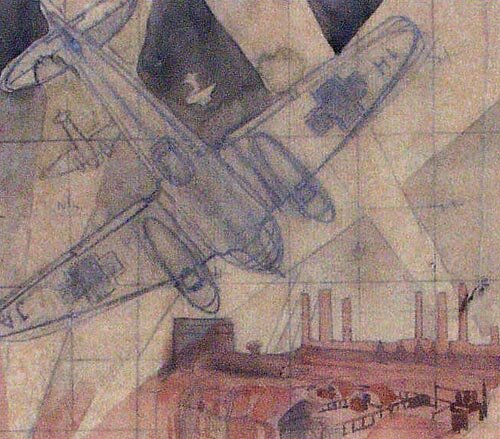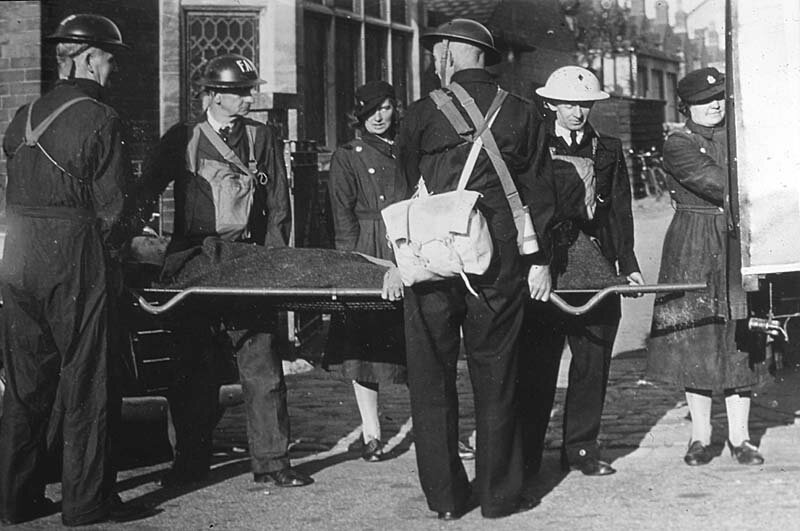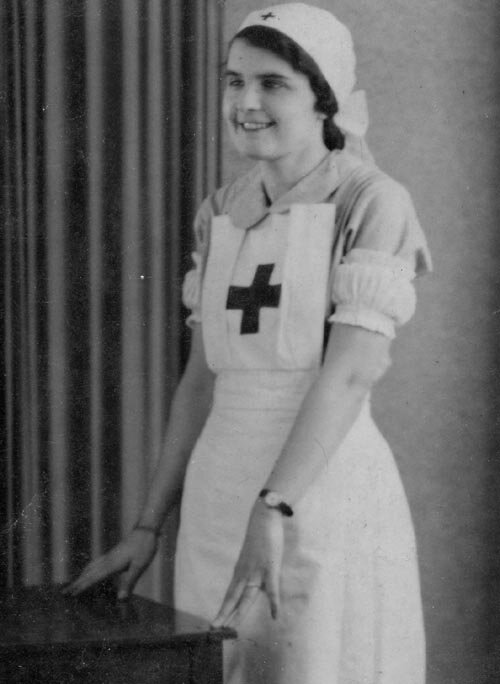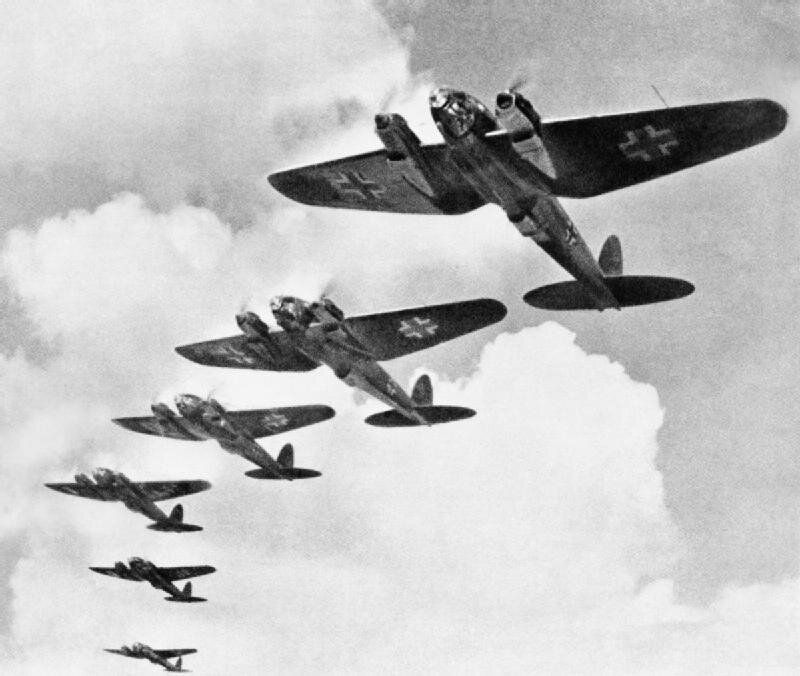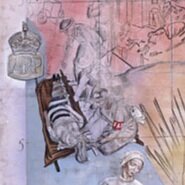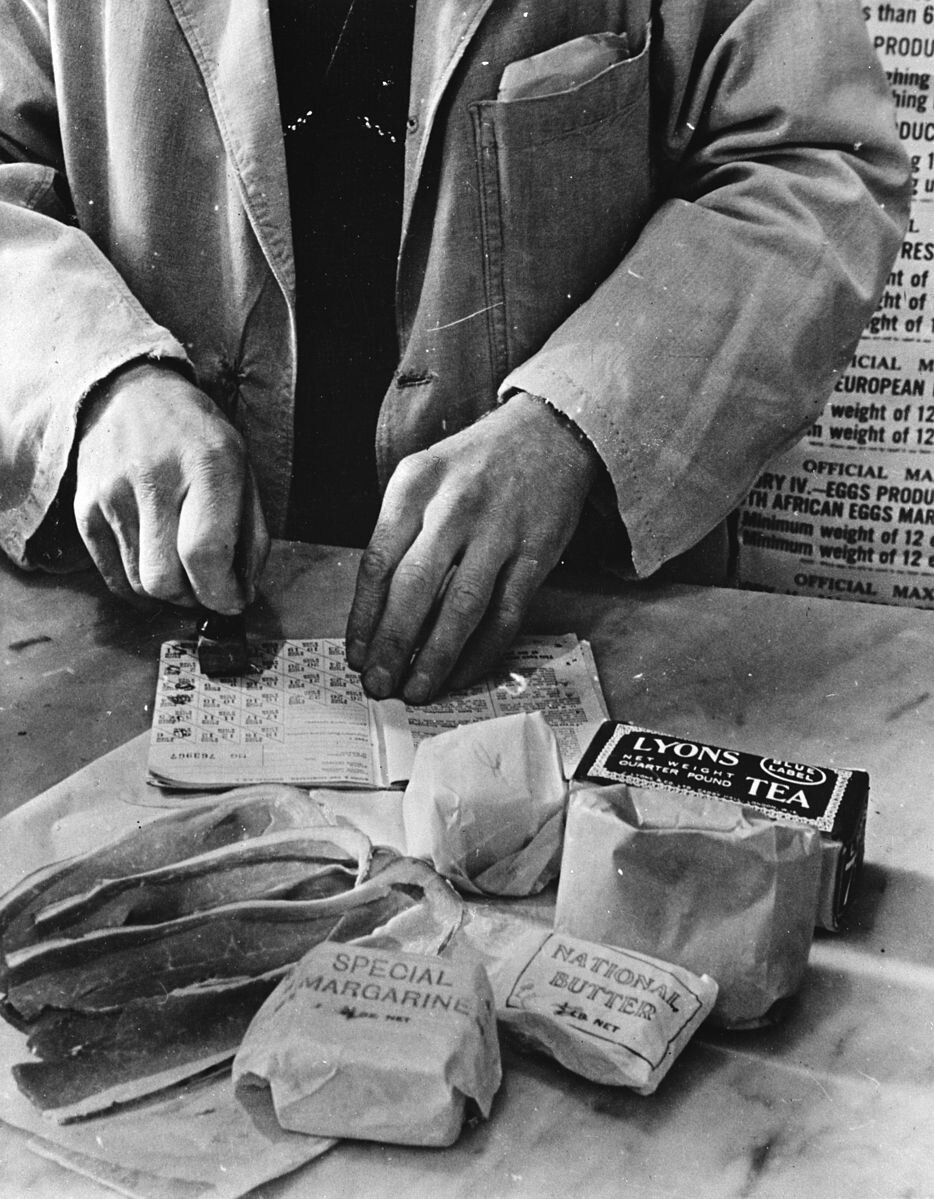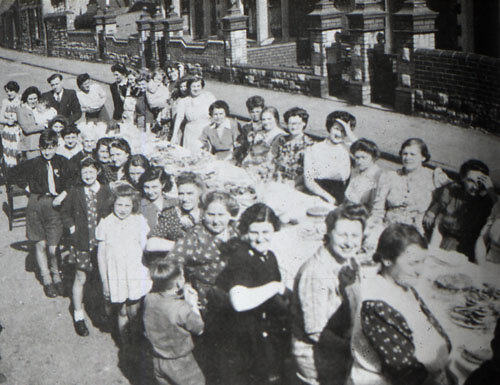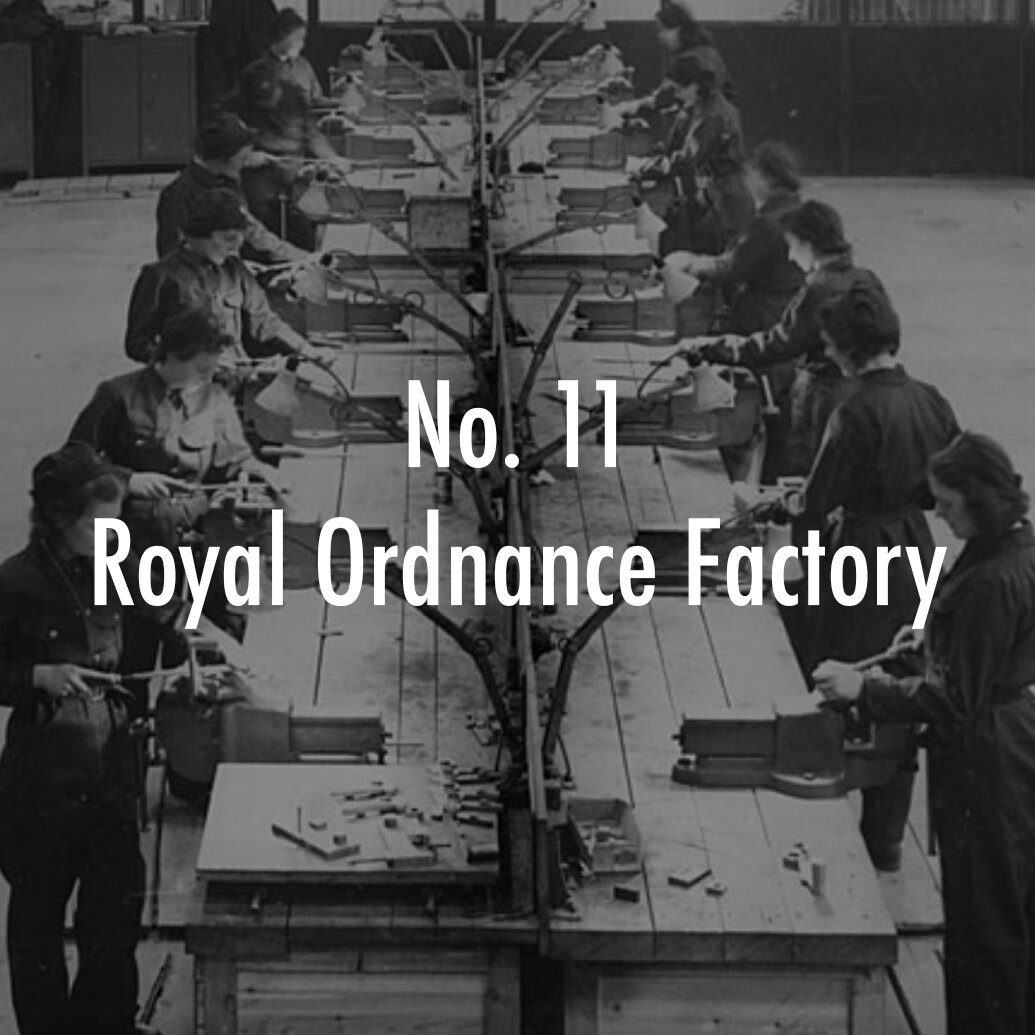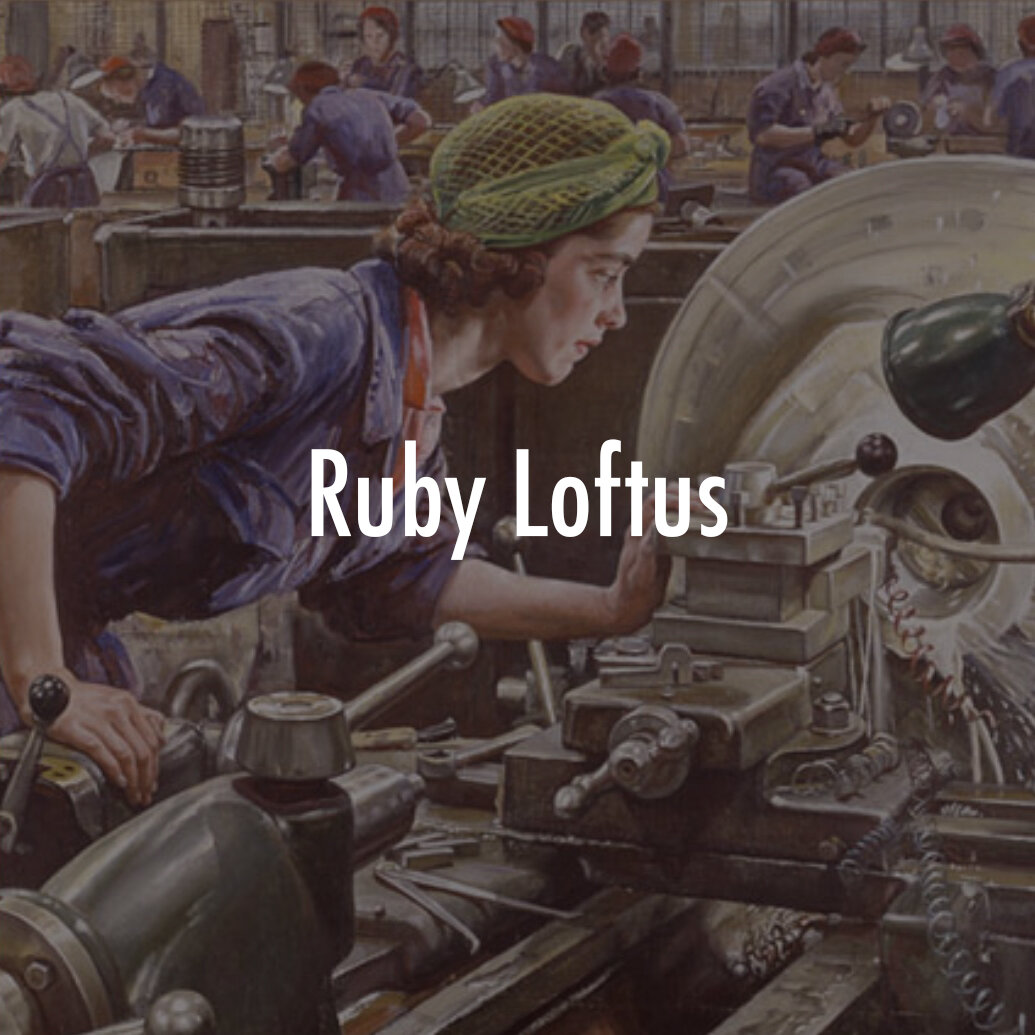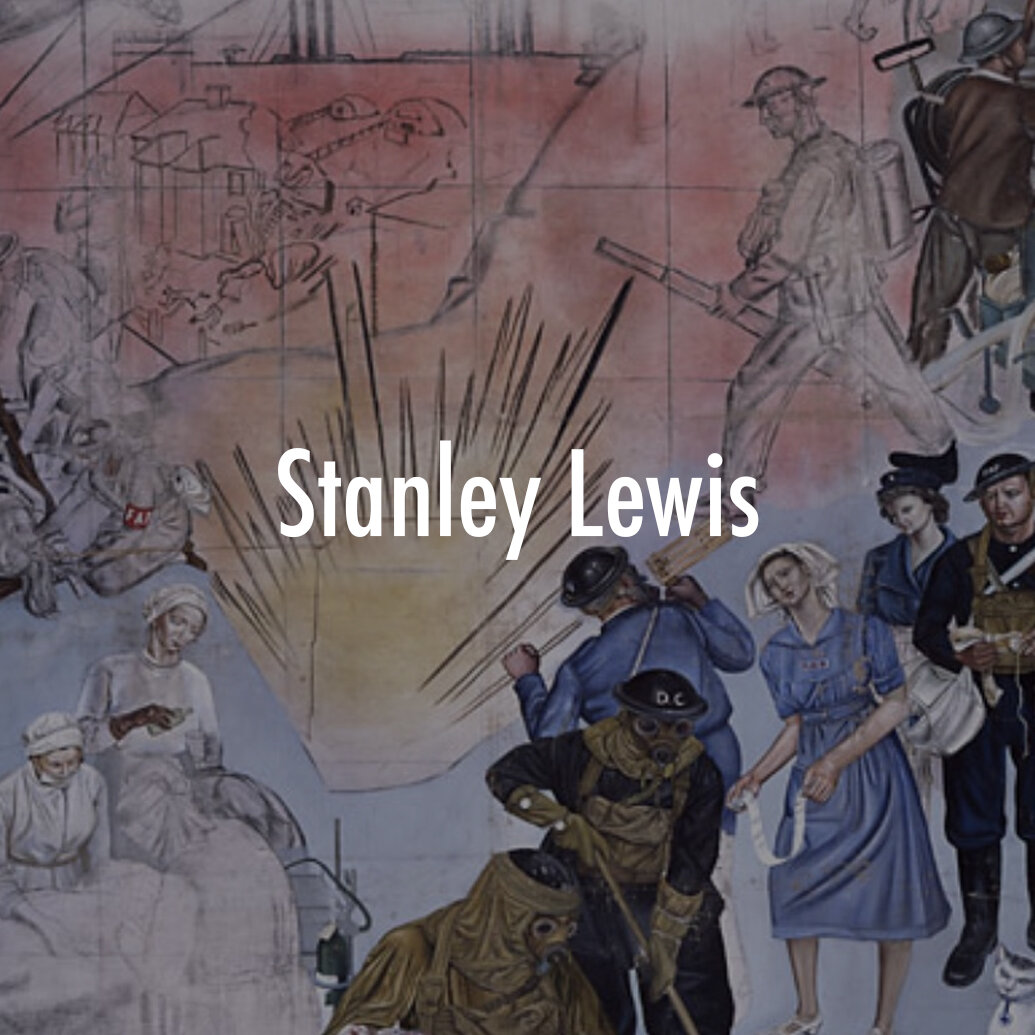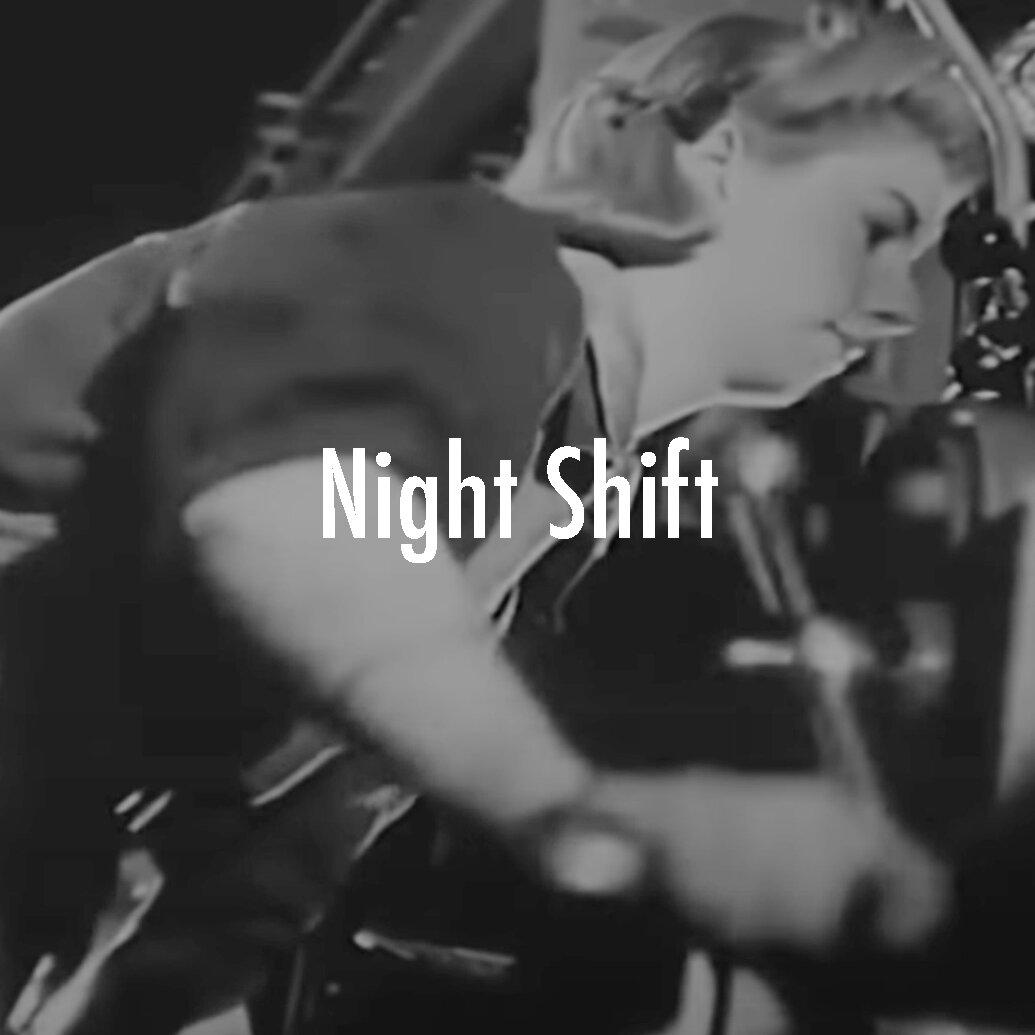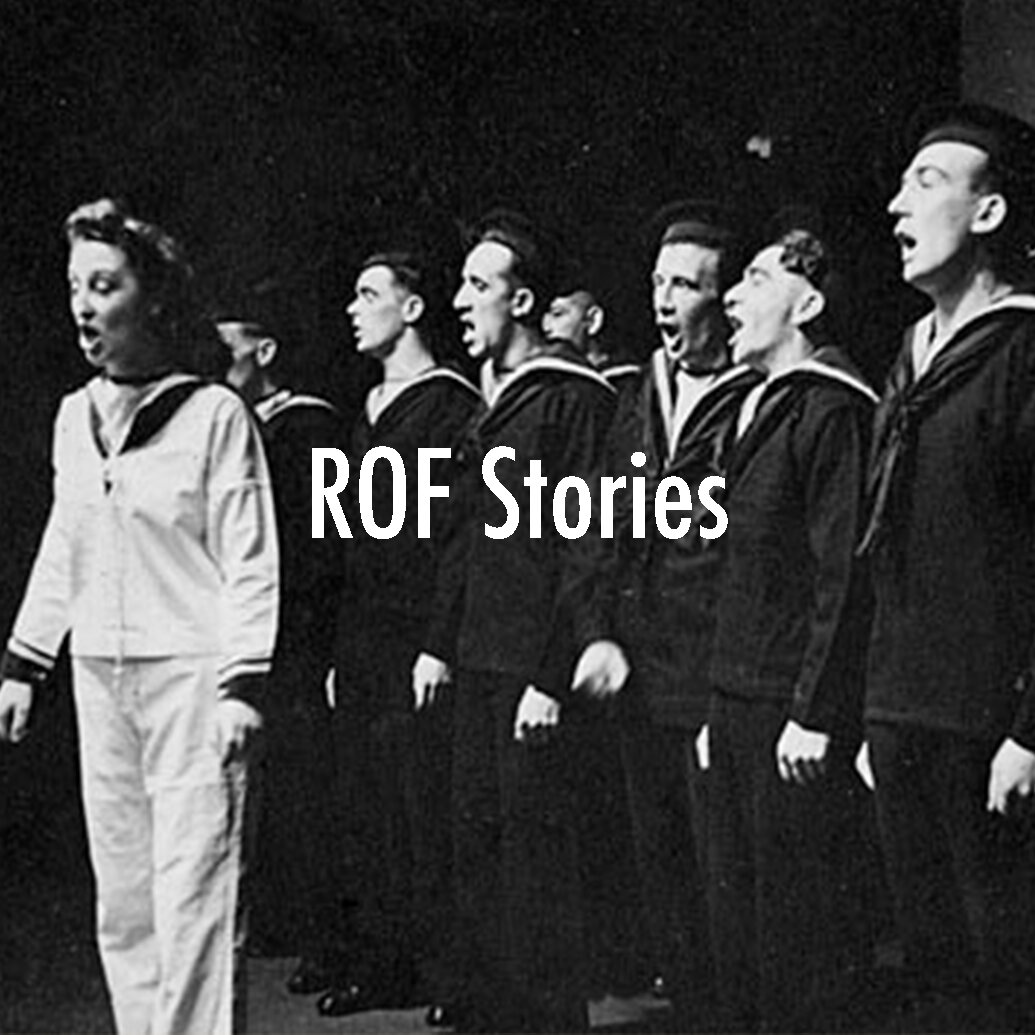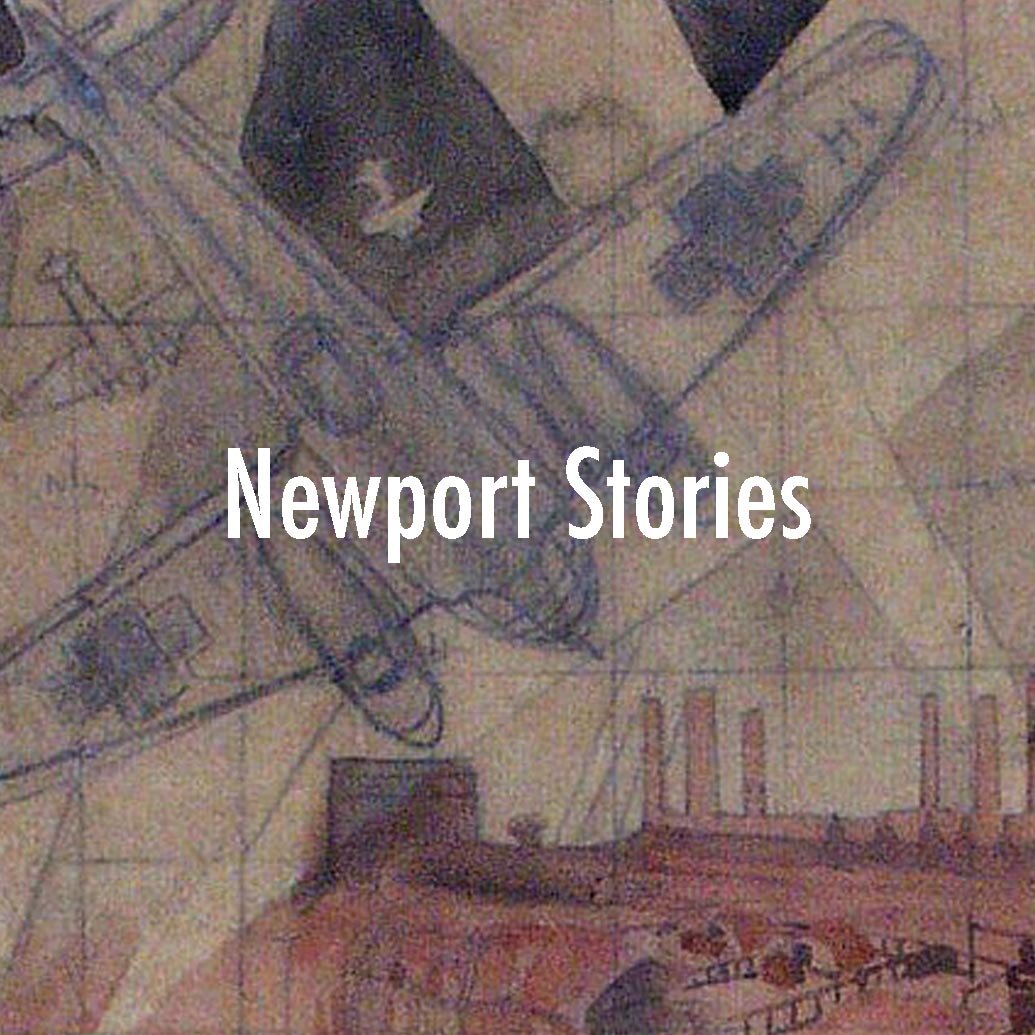Newport Stories:
Morgan’s Memories
Bernard Morgan was a schoolboy living in Gaer Street during the war.
This is his story.
"The Heinkel 111 crashed into the back of a house on the right hand side as you go up Stow Park Avenue about half way up. The family of four lived there and it’s a long time ago but I believe they were called Phillips, who ran - as I recollect - a tobacconist opposite the old Post Office close to the King’s Head Hotel.
The daughter was sleeping in the rear of the house when the plane ploughed into it. The son went back to try and rescue his sister and he perished as well. I believe the parents survived.
There was a rumour that the crew had parachuted out of the plane and that one landed in the British Legion Club off Cardiff Road. This was later disclaimed and we were told all the Germans perished in the crash.
On the night of the crash, my mother, sister and myself were in the Anderson shelter in our garden. We had a piece of sacking over the entrance and this was suddenly pushed to one side by a bayonet and soldiers were shining a torch inside asking if we were all right. They told us they were checking if anyone had parachuted from the plane.
At the time it was believed that the plane crashed because of its contact with the barrage balloon which was sited about 500 yards from the west end gate of Bellevue Park.
Boy firefighter
A piece of the Heinkel’s wing crashed into a house on the left hand side going up Stow Park Avenue next to the raised pavement at the bottom. This part of the wing set fire to the roof and a young boy from my school who lived next door to the burning house crawled along the apex of the roof with a fire extinguisher. He was on the spot, living next door, and was there before the fire service arrived. I think his name was Mickey.
On another occasion two sea mines, meant for the entrance of Newport docks, were dropped in the Bristol Channel. They missed; I heard one landed near Eveswell. The other, as we in Gaer Street well know, came down at the end of Gaer Street, just inside Bellevue Park.
Civilian casualties
My mother came in with a flashlight and dug us out. She made us put our shoes on because of all the broken glass. Later we understood why her feet were bleeding quite badly, as well as other parts of her body.
We went to the shelter and later out the front into the street when the “All clear” sounded. Lots of people were hurt and bleeding, especially a policeman by the name of Jones. He lived locally and his face was cut and bleeding very badly.
Another man who lived next-door-but-one had been up Newport Station to see his son off; he’d been on leave. It was in the early hours of the morning and he had just walked past the spot where the sea mine touched down. He had just put his key in the front door lock when he and the door were blown right along the passageway.
We could also see the back of a house in Coldra Road which had a tree trunk about 12 inches in diameter and 8 foot long sticking out of the bathroom window.
Around Newport there were quite a lot of ack-ack [anti-aircraft] guns. One was sited in the middle of the river bridge by Newport Castle, on the right hand side of the road towards the Cenotaph.
Another was in Cae Perllan Road on the left in a field just before the road starts to climb. This gun was manned by Americans and I used to deliver the South Wales Argus every evening to them as part of my paper round.
Shrapnel pinged around us
When these guns all round Newport opened up, the noise was considerable. This was generally at night with the aid of searchlights. When the guns were fired, shrapnel showered down all over Newport. You could hear it hitting the roofs and floor. My mother kept three buckets, galvanised buckets, by the back door and many a time we would run for the shelter holding the buckets above our heads, as the shrapnel pinged around us.
Most of us children searched the road and garden for shrapnel which we proudly showed off in school to see who had the best collection.
Smoke screens
Around Newport there were specially designed trucks which were full of oil. On a moonlit night these were put on whichever side of Newport the wind was blowing from. As soon as the siren sounded they were lit and in a few minutes clouds of oil fumes were heading across Newport. A lot of these trucks were situated on the lighthouse road and put a smoke screen across Newport Docks.
I hope my memories have been of some help in providing information to future Newportonians of what it was like. I’m sure there are still some older folk who can confirm what I have said and add some of their own experiences."
- Bernard Morgan, 2004
